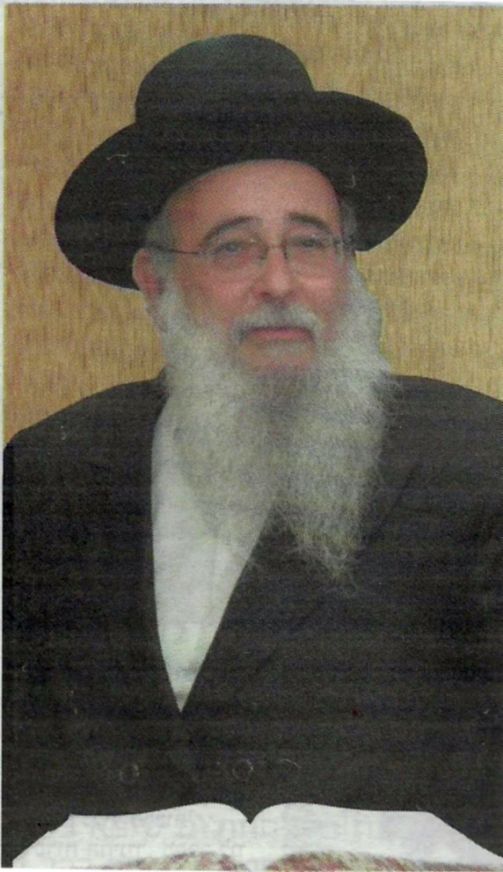
We all know that everything must be held up to the light of Torah. Even during a difficult time, we must examine what is happening according to the Torah viewpoint and understand why this has befallen us and what it is coming to tell us.
HaRav Chaim Kluft begins his message with the following quote:
'For My thoughts are not your thoughts.' We are unable to fathom the depths of His workings. The Ramchal says that we cannot even begin to grasp His ways; only in the future may we possibly have an inkling of those happenings. But certainly, Hashem does not do things without reason or arbitrarily so that we should not understand. Nor may we say that 'All is designed from Heaven but we do not comprehend it.' On the contrary, Hashem does indeed want us to contemplate and try to understand.
These days, we continually utter the verse, "I lift up my eyes to the mountains, from whence shall come my help." What have we to seek by the mountains?
The Malbim explains that if Hashem's help comes through natural ways, we must seek those ways. But if salvation comes from "The Creator of Heaven and earth," that is, from Him alone and directly, we should not seek natural explanations.
How, then, must we regard the developments?
HaRav Kluft enlightens us:
The Ramchal established that there are two paths, two aspects of studying Hashem's ways: that of the community as a whole and that of the individual. The questions apply in the same manner. Why is one person saved and another not? This is not ours to ask. It is hidden from us.
But we are in the midst of all embracing threat to us here in Eretz Yisroel and Hashem wants us to examine the situation and learn what it is trying to convey to us.
Many speakers attempt to comfort and reassure us, saying that we should not think about this situation at all and that ultimately, be assured that everything is for the best.
The mishna in Taanis, however, tells us how a wise man should arouse the people during a fast day [which was declared for a time of trouble]: "My brothers, it does not say that Hashem saw the sackcloth and fasting of the people of Ninveh. Rather, 'Elokim saw their deeds, that they abandoned their wicked path.'
At a time of distress, Hashem is talking to us; our responsibility is to absorb the arousal and contemplate what Hashem really wants.
Yirmiyohu writes about the false prophets (6, 14), They sought to reassure the people saying, 'Peace, peace' but there is no peace. That was their purpose, to counteract the doom sayings of the true prophets which terrified the people. The false prophets assured the people that Hashem was good and there was no reason to fear.
Yirmiyahu asked Hashem what the people could do. The false prophets appeared as tzadikim and with hopeful messages, all in the name of Hashem. What was he supposed to do, he asked.
Hashem replied, "I did not send them, but they wanted. I did not speak to them, but they prophesied. If they had stood in My counsel, they would have spoken My words and caused them to abandon their wicked path repent their evil ways."
The Malbim explains that Hashem was bringing proof to Yirmiyohu that he had not spoken to those false prophets. If Hashem had spoken to them, He would have given them a message that would cause them to turn from their evil path. When Hashem sends prophets, He does not send them with a message to be calm with no need to do teshuvoh.
And what does Hashem want of us now? To be in a state of fear and dread? This is counterproductive to avodas Hashem.
To be complacent? How can we be thus when Hashem is crying out to us, "Wherefore are you sleeping?"
There are two kinds of fear: a positive fear and a negative fear. Negative fear is a paralyzing fear. Positive fear brings action. Through the fear we become better at tefillah, learning, mitzvos, relationships with our fellows.
A positive fear to improve and grow is the desire of the Torah. This fear is not at odds with simchah. On the contrary it leads to simchah of mitzvos.




